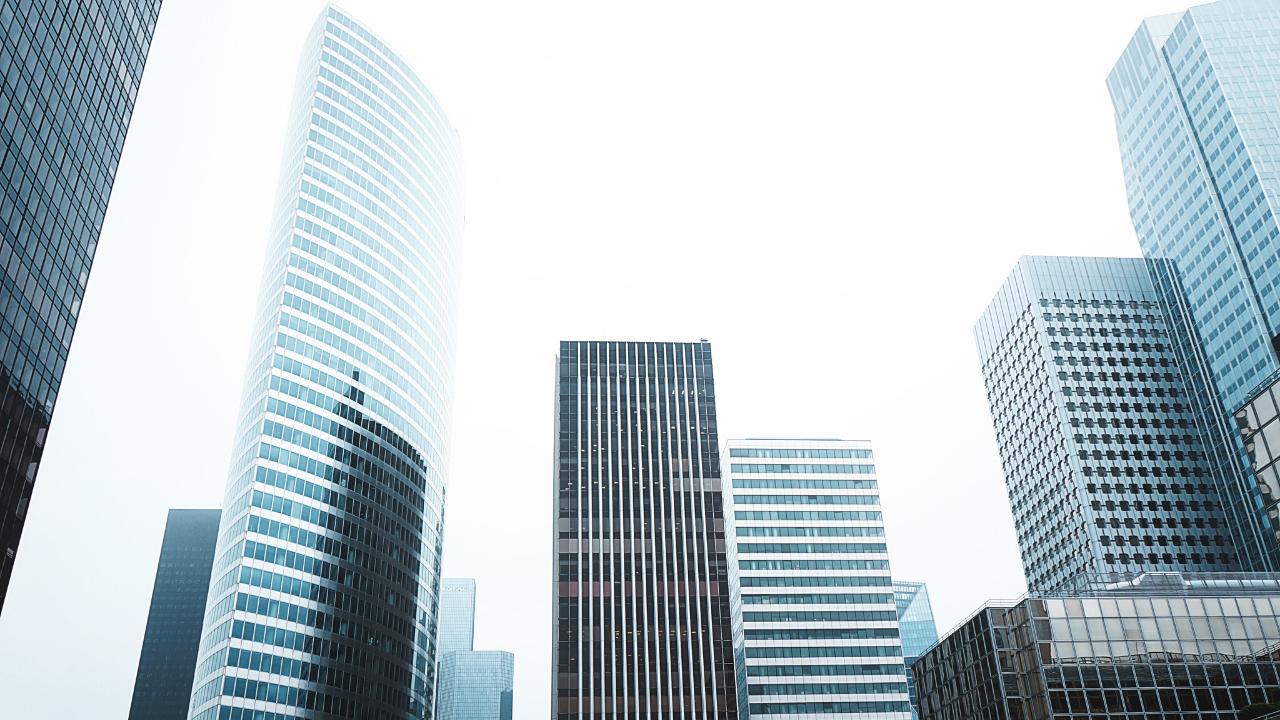By the time the pandemic had started to feel like a real threat, Knotel occupant L.D. Salmanson, CEO and cofounder of real estate data firm Cherre, knew there was uncertainty on the horizon for the flex space operator.
At the time, his company was renting out 15,000 square feet at Knotel’s 575 Eighth Avenue location in New York. However, Salmanson noted that the company was running out of money and was losing confidence in former CEO Amol Sarva.
Soon enough, Cherre began working on a Plan B to ensure they would have an office in case Knotel went belly-up. They then reached out to the building’s owner and management firm to discuss negotiations.
“We said, ‘We see what’s coming. If this is a prolonged event, Knotel is going to run out of money,’” said Salmanson.
It turns out, Salmanson’s intuition was right. Knotel had stopped paying rent at the property prior to filing for bankruptcy in January. By the beginning of 2021, Cherre signed a three year lease for the same space for less than it had been paying Knotel.
This story is just one of many grim looks at how the traditional model of the flex office market is not as sustainable as once viewed. The pandemic only highlighted this difficulty.
“We worked with [the building] to evict Knotel from the premises before the bankruptcy and assumed the lease directly under different terms,” said Salmanson.

 Dr. Gleb Tsipursky – The Office Whisperer
Dr. Gleb Tsipursky – The Office Whisperer Cat Johnson – Coworking Marketing Maven
Cat Johnson – Coworking Marketing Maven Angela Howard – Culture Expert
Angela Howard – Culture Expert Drew Jones – Design & Innovation
Drew Jones – Design & Innovation Andrea Pirrotti-Dranchak – Competitive Advantage
Andrea Pirrotti-Dranchak – Competitive Advantage Jonathan Price – CRE & Flex Expert
Jonathan Price – CRE & Flex Expert Jeremy Fennema – Tech Innovation Alchemist
Jeremy Fennema – Tech Innovation Alchemist







